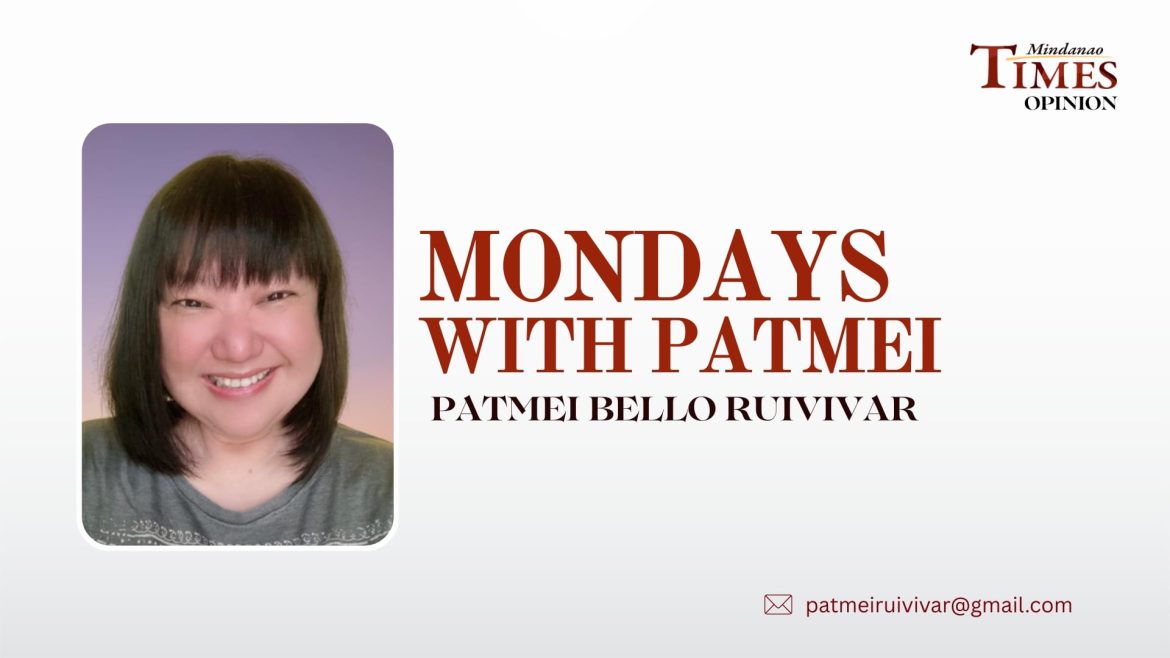ON SEPTEMBER 21, 2025, the International Day of Peace, Filipinos took to the streets and public spaces to protest against corruption.
The United Nations (UN) General Assembly passed a resolution in 2001 to establish September 21st of every year as International Day of Peace. This is a day for “a global ceasefire, non-violence, and promoting a culture of peace.” This is based on the 1981 declaration “to commemorate and strengthen the ideals of peace within and among all nations and peoples.”
The pursuit of peace is a fundamental human right. And Filipinos are promoting peace by speaking out and standing up against corruption.
The relationship between corruption and peace is deeply intertwined and almost universally negative. Corruption is not just a symptom of a poorly governed state; it is a primary driver of instability and a significant barrier to achieving and maintaining peace.
Corruption undermines the social contract and legitimacy of the state. It erodes the very foundation of a peaceful society.
Our social contract involves citizens agreeing to give the state the monopoly on power. Citizens pay taxes, obey laws, follow rules and regulations in exchange for security, justice, and public services.
When public officials use their power for private gain, they are betraying this contract. Citizens see their taxes being stolen instead of funding education, healthcare, and infrastructure. They see justice being bought and sold.
This leads to a massive loss of trust in government institutions. When people no longer see the state as legitimate or working in their interest, they are more likely to seek alternatives, including violent resistance, organized crime, or supporting insurgent groups that promise a better deal.
Because peace is not just the absence of war, but the presence of justice and equity, corruption directly attacks peace. Corruption fuels grievances and inequality.
Corruption diverts public funds away from essential services that reduce poverty and inequality. It creates a system where success depends on “who you know” and bribes rather than merit. This blocks social mobility and entrenches the power of a corrupt elite.
The resulting inequality and perceived injustice create deep-seated grievances among the people. These grievances are the kindling for social unrest, protests, and eventually violent conflict. People with nothing to lose are more likely to take up arms.
Corruption also weakens key institutions necessary for peace. A corrupt security sector cannot be an effective peacekeeper. Corruption in the police force destroys its ability to provide security impartially. When police are known to take bribes or work with criminals, citizens are neither safe nor protected.
In the military, corruption may involve the sale of weapons and ammunition to enemies and poorly motivated troops. High ranking officials also engage in corruption by getting huge cuts on the sale of equipment and supplies. Other military personnel act as personal bodyguards of political and economic elites.
A corrupt judiciary means there is no avenue for peaceful dispute resolution. The law becomes a tool for the powerful to punish opponents and protect themselves. Without access to justice, people may feel that violence is their only option.
Corruption in the electoral system through vote-buying and fraud rob people of their right to choose their leaders peacefully. This makes political change through the ballot box impossible, leaving violent overthrow as the only perceived path to change.
In active conflict zones, corruption takes on an even more destructive role. It directly fuels and prolongs violent conflict.
Corruption is a primary funding source for insurgents and terrorist organizations. They may extort money from businesses, engage in illegal trade (often with complicit officials), or steal and resell humanitarian aid.
Conflict can also be a profitable enterprise for corrupt elites on all sides — government, military, and rebels — who profit from smuggling, controlling natural resources (like mining or logging), and manipulating aid money. This creates an incentive to prolong the conflict rather than seek peace.
Corrupt elites may sabotage peace agreements if the new post-conflict order threatens their illicit revenue streams and their control of political power.
The absence of peace creates the perfect environment for corruption to flourish.
There is a breakdown of rules because war shatters institutional controls and oversight. In this situation, everything is treated as an “emergency” and “confidential, top secret national security matter.” Large, no-bid contracts for security and reconstruction, often with limited transparency, create massive opportunities for graft.
Along with the breakdown of rules, civil society is weakened. Media and watchdog organizations are suppressed or destroyed, allowing corruption to continue unchecked.
Corruption is a form a violence in itself and it also leads to other forms of violence. It makes building sustainable peace after conflict very difficult, leading to a high risk of relapse into violence.
So fighting corruption is not a separate issue from peacebuilding. It is a core component of it. Low levels of corruption and a well-functioning government are two of the pillars of positive peace.
Effective peace agreements and post-conflict reconstruction must include anti-corruption measures such as transparent financial systems, judicial reform, and support for civil society and independent media, to break this destructive cycle.
Filipinos have been trapped in this vicious cycle for so long. If we are really serious about building peace in our country, we must take action against corruption. Let us end this cycle now.



